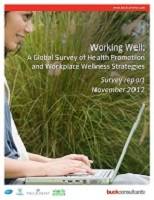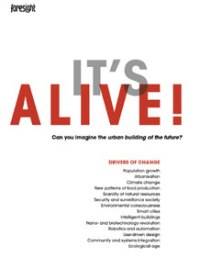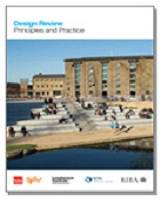March 5, 2013
UK central government fails to increase spending with SMEs
 The Cabinet Office has published figures for how much the UK’s central government departments spent on products and services from small and medium enterprises during the year 2011/2012. The low key announcement slipped under the radar for many people, possibly because the figures indicate that the government is very unlikely to hit its target of spending a quarter of its total expenditure with SMEs in the course of this parliament. While it’s inevitable that large areas of government spending are unsuitable for supply from smaller businesses, the Cabinet Office will be concerned that the current total of 10 per cent is way short of its expectations.
The Cabinet Office has published figures for how much the UK’s central government departments spent on products and services from small and medium enterprises during the year 2011/2012. The low key announcement slipped under the radar for many people, possibly because the figures indicate that the government is very unlikely to hit its target of spending a quarter of its total expenditure with SMEs in the course of this parliament. While it’s inevitable that large areas of government spending are unsuitable for supply from smaller businesses, the Cabinet Office will be concerned that the current total of 10 per cent is way short of its expectations.
























March 2, 2013
Google and Yahoo office strategies teach us the value of the velvet glove
by Mark Eltringham • Comment, Facilities management, Technology, Workplace, Workplace design
More →